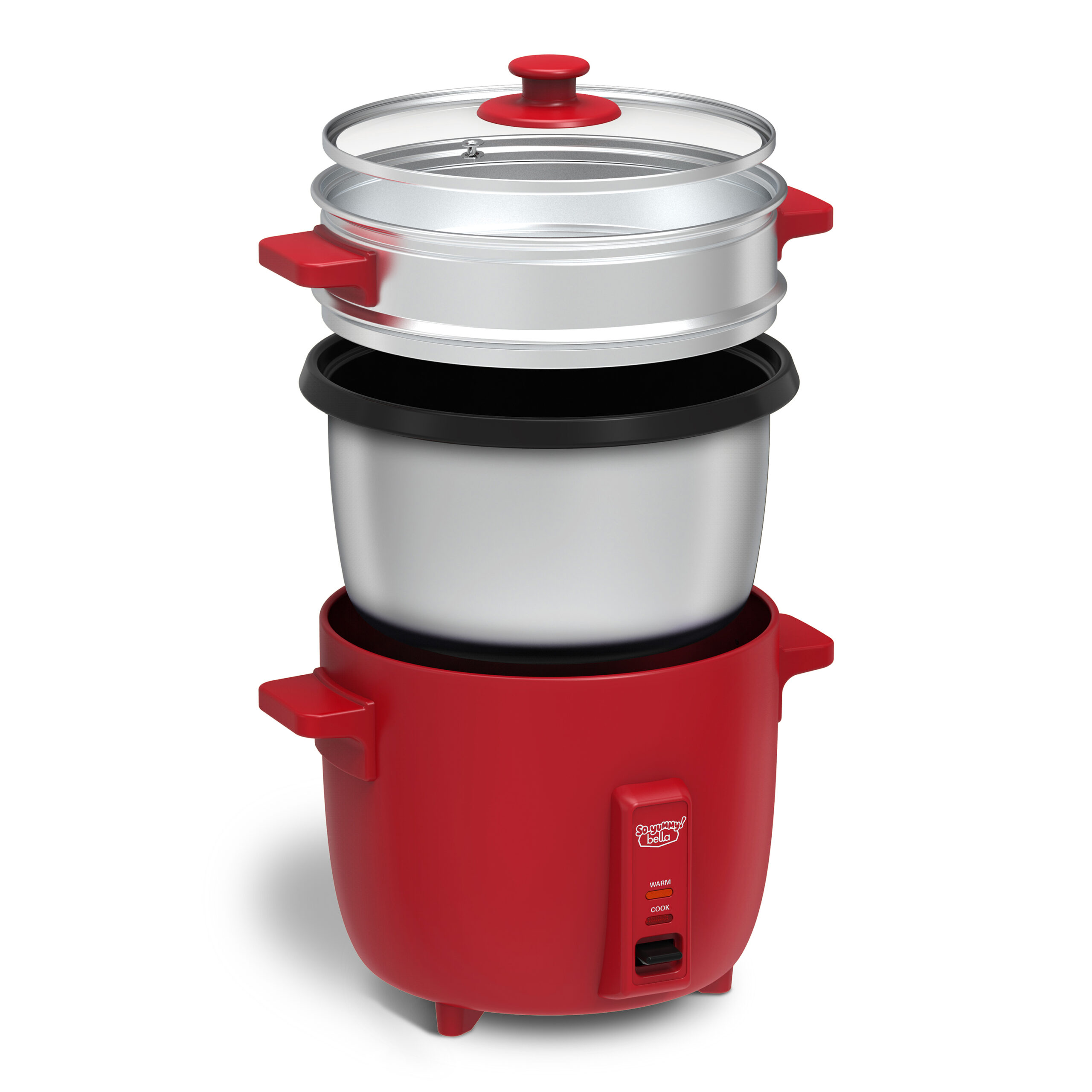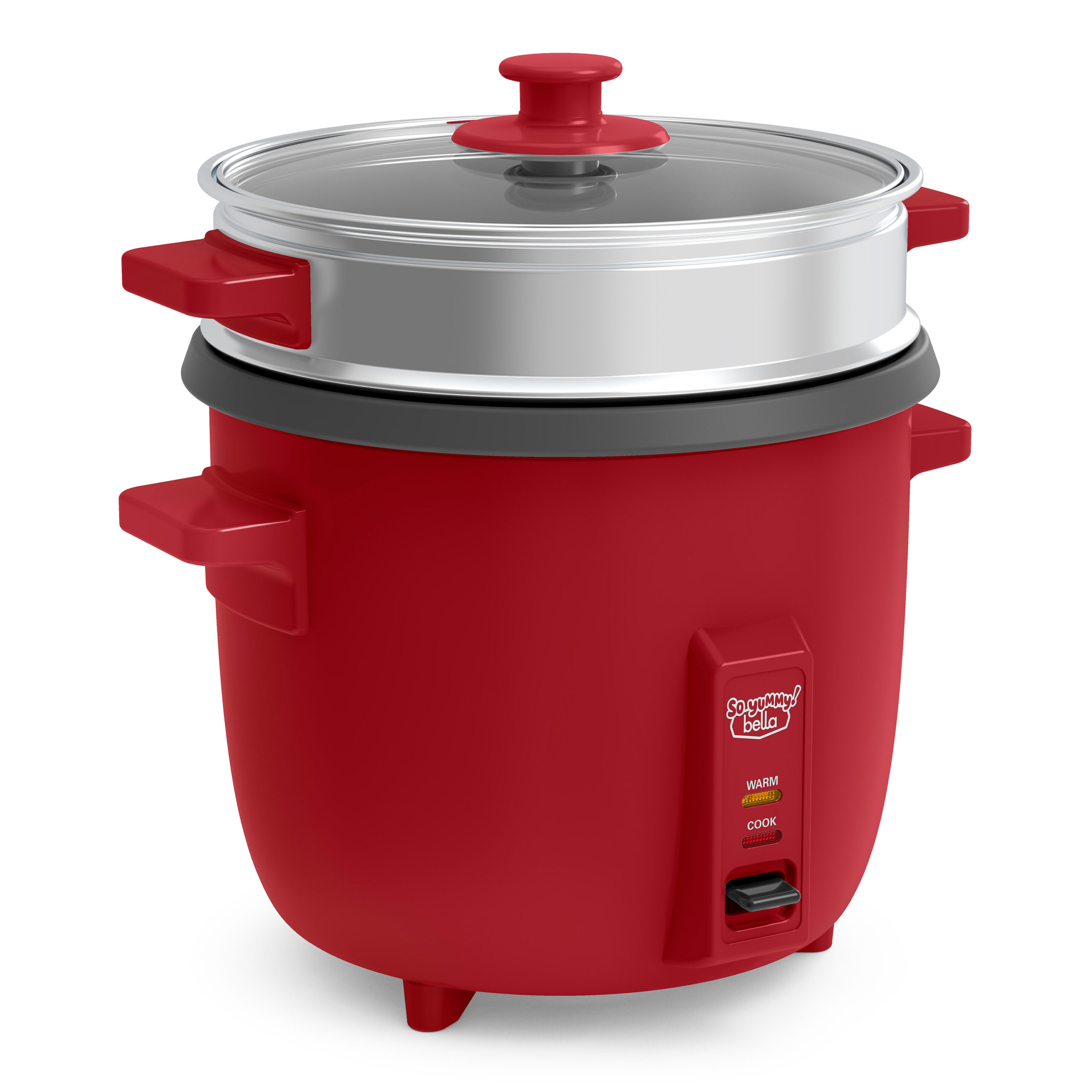Should You Add Herbs and Spices to Jasmine Rice?
Short answer: yes. Jasmine rice, known for its delicate floral fragrance, pairs perfectly with a variety of herbs and spices to enhance its flavor profile. By infusing the rice with these ingredients, you can create a unique and savory experience that will impress your taste buds.
Not only do herbs and spices add depth and complexity to the rice, but they also offer numerous health benefits. Many herbs and spices are rich in antioxidants and anti-inflammatory properties, while others can aid in digestion and boost your immune system.
Choosing the Right Herbs and Spices
When it comes down to it, everything depends on your own personal preferences. Here are some popular choices to get the ball rolling.
Garlic and onion powder are pantry staples for a reason. They add a savory touch to pretty much everything they’re sprinkled on, and will only make your jasmine rice better. If you want your rice to be more colorful, consider adding turmeric. Known for its vibrant yellow color and earthy flavor, turmeric will lend your rice a subtle warmth. For those who enjoy a touch of sweetness, try adding a bit of coconut milk or shredded coconut to the rice cooker. This will create a fragrant and tropical flavor that pairs wonderfully with various Asian or Caribbean-inspired dishes.
Want your rice to have a fresher taste? Add cilantro. This will impart a refreshing and citrusy taste to your jasmine rice. If you like that refreshing flavor, but need a little kick to your food, opt for ginger. Whether grated or in powder form, ginger will add a hint of spiciness and warmth to your rice. Cumin, on the other hand, is aromatic and smoky, lending your rice a bit of a nutty flavor. When it all comes down to it, adding a couple of bay leaves can never hurt. Toss them into the rice cooker to infuse your jasmine rice with a subtle herbal aroma.

Preparing Your Rice Cooker: Tips for Cooking Jasmine Rice
Properly Measuring Jasmine Rice and Water
To cook jasmine rice to perfection, it’s absolutely crucial to accurately measure the rice and water. Start by rinsing the jasmine rice under cold water to remove any excess starch. This prevents the rice from getting sticky. For each cup of jasmine rice, use one and a half cups of water for fluffy results. Adjust the ratio according to your personal preference for a softer or firmer texture.
Preparing the Rice Cooker for Infusion
First, add the measured jasmine rice to the rice cooker and level it out evenly. Then, add your desired herbs and spices (bay leaves, cardamom pods, cinnamon sticks, etc) to the rice cooker. Make sure to evenly distribute them throughout the rice. Next, add the measured water according to the proper ratio. Close the lid and select the cooking function appropriate for jasmine rice on your rice cooker. Let the rice cooker do its thing, then enjoy!

Infusing Herbs and Spices With a Rice Cooker for Jasmine Rice
Infusing Techniques for Optimal Flavor
A popular infusion technique is to add a few sprigs of fresh herbs like cilantro or basil to the rice before cooking. The heat from the cooker will release the essential oils and infuse the rice with aromatic flavors. Experiment with spices like turmeric, cumin, or saffron threads to add a unique twist to your jasmine rice. You can also toast the spices in a dry pan before adding them to the rice cooker, which further enhances their flavors.
Timing and Cooking Duration
Since herbs and spices can be delicate, it’s recommended to add them to the rice cooker towards the end of the cooking cycle. This way, the prolonged heat exposure won’t make them lose their flavors. Depending on the specific rice cooker model, you may need to adjust the cooking time slightly to account for the additional ingredients. In cases like these, it’s best to follow the manufacturer’s instructions.

Serving and Pairing Suggestions
Enhancing the Presentation of Jasmine Rice
One way to enhance your rice’s visual appeal is to incorporate colorful ingredients. For example, you can add diced bell peppers, carrots, or peas to the rice cooker alongside the jasmine rice. These vibrant vegetables not only add a burst of color, but also provide added nutrients to your dish. Another way to elevate the presentation is by sprinkling some toasted sesame seeds or chopped green onions on top of the cooked rice. The contrast of the seeds or the pop of green from the onions can make your dish look more inviting and visually appealing. By creatively incorporating these elements, you can transform your plain jasmine rice into an enticing culinary masterpiece.
Pairing Jasmine Rice With Dishes
Jasmine rice’s fragrant aroma and delicate flavor complement a wide range of cuisines. One delicious pairing option is to serve your rice alongside grilled teriyaki chicken or shrimp. The sweetness of the teriyaki sauce perfectly balances the rice’s more subtle flavors, creating a killer combo. Alternatively, you can pair the jasmine rice with a flavorful curry, such as Thai red curry or Indian butter chicken. The creamy and spicy nature of the curry adds depth and richness to the rice, taking your taste buds on an exotic journey. For a vegetarian option, consider serving the jasmine rice with stir-fried vegetables or tofu, allowing the ingredients’ natural flavors to shine.

